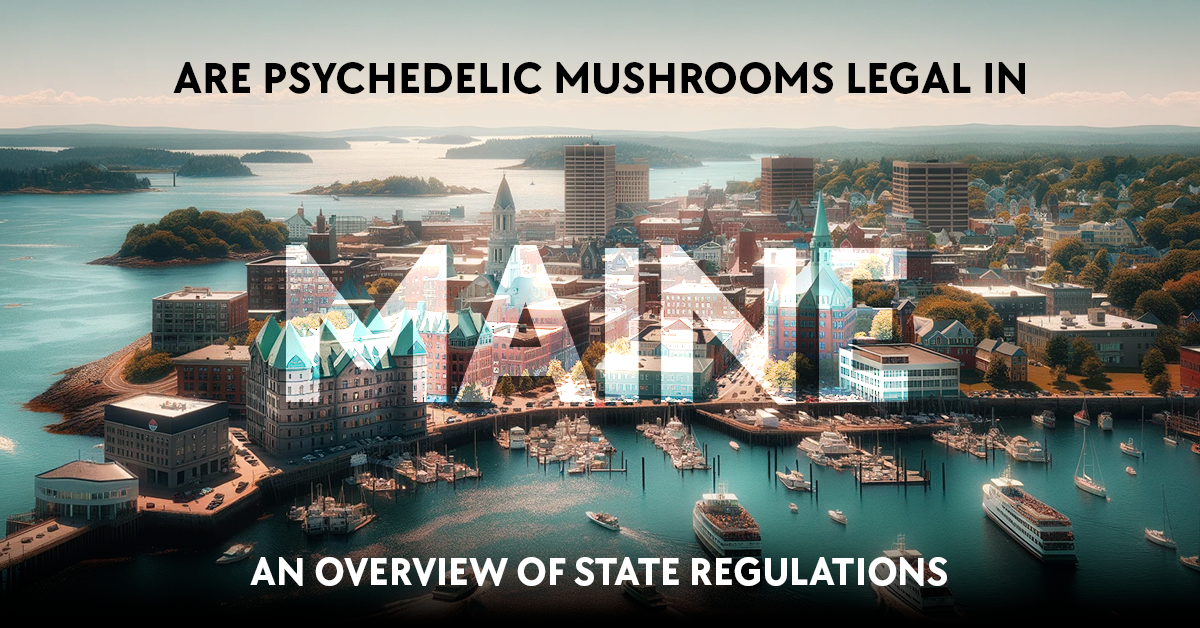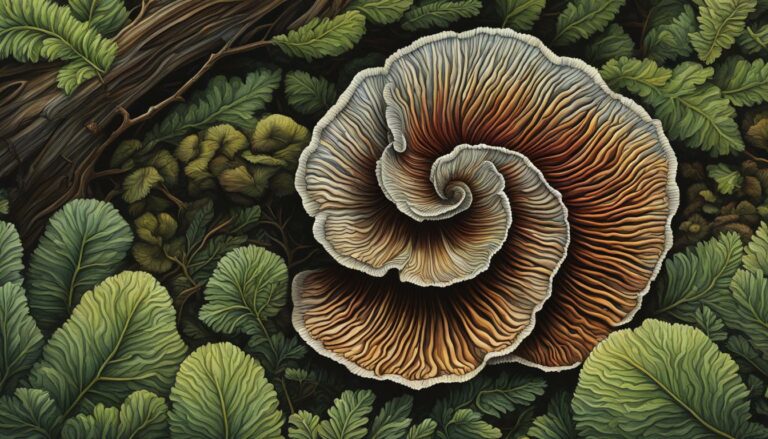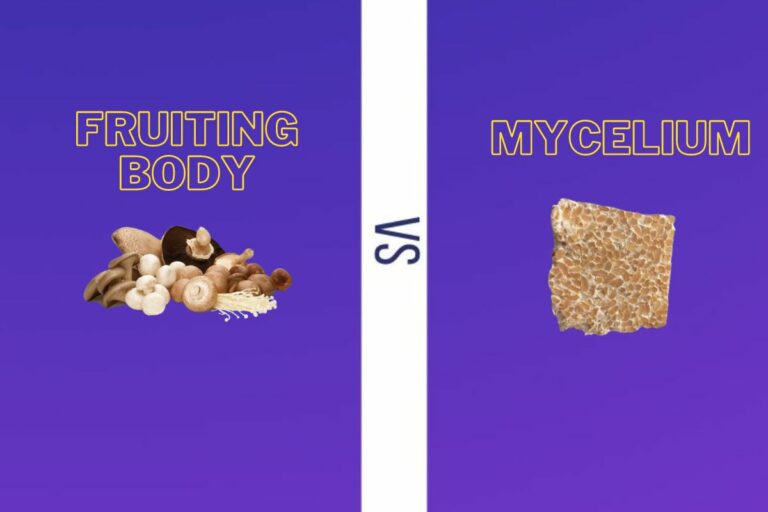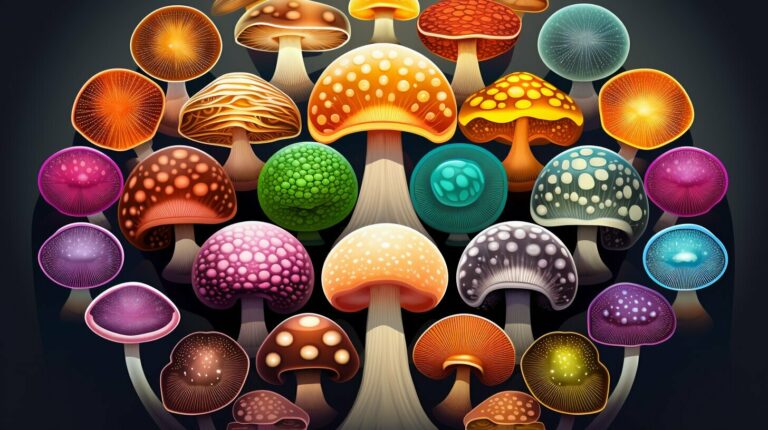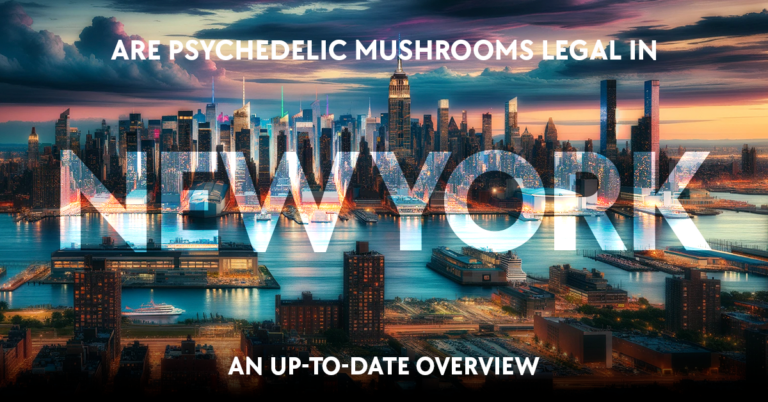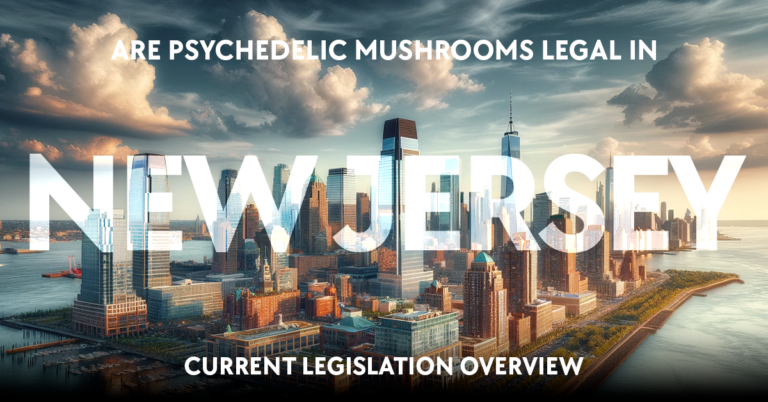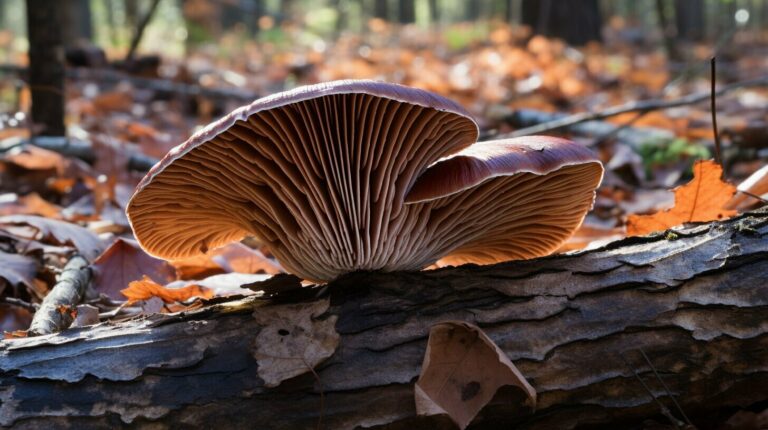In Maine, the legal status of psilocybin mushrooms, commonly known as magic mushrooms or psychedelic mushrooms, is a point of interest for those looking to understand state drug laws. Psilocybin, the active hallucinogenic compound found in these mushrooms, is federally classified as a Schedule I substance. This classification indicates a high potential for abuse and that the drug is not accepted for medical use. Despite this federal stance, the question of legality at the state level can vary, and recent trends across the United States present a complex picture regarding the decriminalization and research use of these substances.

As of the date provided, Maine has not passed any laws legalizing or decriminalizing psilocybin mushrooms for recreational or medical use. This means possession, sale, or use of psilocybin mushrooms remains illegal under state law. However, alongside national discussions, there has been growing interest in exploring the therapeutic potential of psilocybin, prompting some states and cities to reconsider their legal approach. It’s important to stay informed about local and state regulations as they can evolve swiftly, shaped by both legislative changes and public opinion.
If you’re curious about the laws surrounding psychedelic mushrooms in Maine or in other jurisdictions, it’s crucial to consult current legal information. The legal terrain surrounding psychedelics is a dynamic one, with research and policy debates continuing to unfold. Any engagement with psilocybin mushrooms should be carefully considered within the context of existing laws to avoid legal repercussions.
Legal Status of Psilocybin Mushrooms in Maine
Table of Contents
https://www.youtube.com/watch?v=wA6aMLcujww&embed=true
Understanding the current framework of laws related to psilocybin mushrooms in Maine is critical for you as it affects possession, use, and the potential penalties involved.
Maine State Law
Under Maine law, psilocybin, the active psychedelic compound in “magic mushrooms,” remains a Schedule W drug. This classification denotes that psilocybin is subject to the same legal restrictions as other substances with a high potential for abuse and with no accepted medical use in treatment in the United States. Possession of psilocybin is illegal in Maine and can result in criminal penalties. It’s important for you to know that although there has been a push for progress in psychedelic therapy at a national level, these substances are not legally recognized for medical use in Maine.
Comparative Legislation
Looking beyond Maine, several cities including Denver, Oakland, Santa Cruz, and some in California have taken steps to decriminalize psilocybin. These legislative actions typically make the possession of psilocybin among the lowest law enforcement priorities and stipulate that city funds should not be used to impose criminal penalties on users. It’s significant to note that decriminalization does not equate to legalization but it can impact how laws are enforced at a municipal level. While no state has completely legalized psilocybin, Oregon has passed legislation that includes a plan to create a licensed psilocybin-assisted therapy system. As of now, there is no law in Maine that mirrors the legislative changes seen in Oregon or in those specific Californian cities. However, discussions and proposals might arise from entities like the Maine Municipal Association or lawmakers such as Sen. Donna Bailey, reflecting a growing interest in reevaluating the status of psilocybin.
Medical Research and Psilocybin

As you explore the connection between psilocybin and medical research, it’s important to note that psilocybin-assisted therapy is gaining prominence as a potential breakthrough treatment. This area of study is particularly focused on conditions such as depression, anxiety, post-traumatic stress disorder, and cases of drug-resistant depression.
Current Studies
Recent studies are critically examining the efficacy of psilocybin-assisted therapy. For example, clinical trials have shown promising results in treating major depressive disorder with psilocybin. Investigations into the therapeutic potential of psilocybin also suggest benefits for individuals with treatment-resistant depression, expanding options within health care beyond conventional pharmaceuticals.
Researchers in medical treatment facilities have been assessing the effects of psilocybin on various mental health conditions. These include trials for depression, anxiety, and post-traumatic stress disorder, illustrating psilocybin’s potential to significantly alter the landscape of psychiatric treatment options.
FDA and Psilocybin
The U.S. Food and Drug Administration (FDA) has granted Breakthrough Therapy designation to psilocybin for the treatment of major depressive disorder, highlighting the substance’s potential as a valuable therapeutic tool. This designation is not equivalent to decriminalizing psilocybin but is an indicator that the FDA recognizes the drug’s potential benefits and provides support to expedite its clinical development.
- Breakthrough Therapy Designation: A mechanism to expedite the development and review of drugs for serious or life-threatening conditions.
- Clinical Guidelines: The FDA provides regulatory guidance to ensure the safety and efficacy of potential treatments.
In association with rigorous clinical guidelines, the FDA continues to monitor and regulate trials to ensure that patient safety remains paramount. As psilocybin continues to be studied within clinical trials, it paves the way for new treatments that could reshape standard practices in mental health care.
Decriminalization Efforts and Support

In Maine, your understanding of the legal status surrounding psychedelic mushrooms, particularly psilocybin, should be informed by significant decriminalization efforts and the support these movements have garnered.
Local Movements
Maine has witnessed substantial local movements advocating for policy changes regarding substances like psilocybin. In particular, you might recall that Portland, Maine’s largest city, has been a focal point in fostering conversations about decriminalizing psychedelic substances. These efforts sometimes align with those seen in other municipalities across the country, such as Detroit, where local measures have been taken to decriminalize certain psychedelic substances.
Advocacy Groups
Advocacy groups play a pivotal role in advancing the discourse on psychedelic substances as a means for psychological treatment. Measure 109, passed in another state, has been influential, marking the first state to decriminalize psilocybin for therapeutic use. In Maine, such groups have worked diligently, often highlighted in the Portland Press Herald and other news outlets, to secure support for similar initiatives. Their aim is to promote these substances not only as an effective treatment for addiction but also for a broader range of psychological treatments.
Regulatory Framework for Psilocybin

In Maine, the rules surrounding psilocybin, a compound found in certain species of mushrooms, are defined by a combination of state and federal law. The complexity of these regulations requires close attention to both licensing procedures and guidelines for use.
Licensing and Control
Your understanding of the legal landscape for psilocybin in Maine starts with the Department of Health and Human Services (DHHS), which is tasked with overseeing the implementation of substance-related policies. Specific to psilocybin, Maine has considered legislation like the Psilocybin Services Act which, if passed, would establish a framework for legal access to psilocybin through a system of licensed facilitators and regulated facilities. This act proposes an operational structure where adults can receive psilocybin services, including safety preparations and supervised consumption.
Licensing serves as a major control mechanism to ensure that only qualified entities and individuals provide psilocybin services. The Act would require a preparation session with a licensed facilitator before you can partake in psilocybin therapy. This ensures a controlled setting, minimizes risks, and aligns with clinical guidelines.
- Medicinal Use: For medical purposes, any facilitators providing psilocybin would need a licence from the DHHS, under the guidance of the Health and Human Services Committee.
- Recreational Use Facilities: Should Maine move towards legalizing psilocybin for recreational purposes, facilities would require licensing akin to those of medicinal use, with additional standards to ensure safe recreational experiences.
Guidelines for Use
When you delve into the guidelines for use, remember, psilocybin currently remains a controlled substance at the federal level under the Drug Law, which means any use outside state-sanctioned medicinal programs is illegal. Maine’s approach aims to provide clear clinical guidelines for when and how psilocybin can be legally consumed.
- Medicinal Use Guidelines: These include the patient’s health condition requirements, the process of consent, and the specific clinical environments where psilocybin can be administered by licensed facilitators.
- Monitors and Enforcement: To ensure compliance with state regulations, monitors from the DHHS may oversee facilities to guarantee adherence to state laws and the welfare of participants.
Your grasp of the regulatory framework for psilocybin in Maine hinges on continued developments in both state legislation and the larger context of federal drug policy. Stay informed of the current laws to navigate the legal use of psilocybin responsibly.
Impact on Mental Health Treatment
Psychoactive drugs, such as those found in hallucinogenic mushrooms, have been the subject of ongoing research regarding their potential benefits in mental health treatment. These substances contain a psychoactive chemical known as psilocybin, which is being studied for its effects on various mental health conditions.
You may find it intriguing that studies have highlighted psilocybin’s potential in treating depression, anxiety, and other mood disorders. Unlike medical marijuana or ketamine, which have been integrated into certain therapeutic practices under regulation, the legal status of psilocybin mushrooms heavily influences their availability for therapeutic use.
Current Legal Status:
- In Maine, as in most states, psilocybin remains a Schedule I controlled substance, limiting its availability for clinical use. However, there is growing interest in reevaluating its legal status, given the promising research outcomes.
Research and Treatment Centers:
- Pioneering research institutions are exploring how controlled doses of psilocybin, when administered in a therapeutic setting, might offer relief to patients with treatment-resistant mental health issues.
- Treatment protocols typically involve professional supervision to ensure safety and efficacy, considering the potent nature of these psychoactive substances.
Consider This:
- Safety & Effectiveness: Clinical trials aim to investigate the safe and effective use of psilocybin, which may someday influence changes in the legal landscape.
- Legal Framework: The legal status of hallucinogenic mushrooms in Maine means that, currently, treatment centers cannot offer psilocybin as a therapy option.
It’s important to stay informed about local regulations and the evolving scientific landscape, as the integration of psychedelic substances into mental health treatment continues to be a significant area of discussion and development.
Potential Risks and Concerns
Psychedelic mushrooms, which contain psilocybin, may present certain risks and concerns regarding their legality and effects on health. While some states are exploring decriminalization, it is important for you to understand that psychedelic mushrooms remain classified as an illegal drug under federal law. In Maine, recent legal developments have affected the status of substances like psilocybin but proceed with caution—state law cannot override federal regulations.
Side Effects: Psilocybin can cause a variety of physical and psychological effects. These might include:
- Nausea
- Increased heart rate
- Muscle weakness
- Psychological distress
Psychedelic experiences, colloquially known as “trips,” can be unpredictable. You might face intense alterations in perception, mood, and thought patterns. In some cases, these effects can lead to unsafe behaviors or exacerbate mental health issues.
Substance Use Interactions: When mixing psychedelics like psilocybin with other substances such as alcohol or prescription drugs, you may increase your risk of adverse reactions or drug overdoses. This drug interaction can lead to heightened impairment and unpredictable consequences.
Legal Risks: While Maine has seen changes in its approach to certain drugs, progressing towards harm reduction and away from punitive measures, possessing and selling psychedelic mushrooms can still result in legal repercussions. It is crucial for potential users and entrepreneurs in this space to remain informed of the legal landscape to avoid penalties.
In summary, while there may be evolving discussions and legislations surrounding psychedelic substances, prioritize your safety and awareness of the law. Whether it’s potential health risks or legal consequences, understand that with psilocybin, these concerns are significant parts of your decision-making process.
Cultural and Historical Context
In this section, you will discover how traditional practices and modern perspectives shape the narrative around psychedelic mushrooms in Maine.
Traditional Use
Historical accounts suggest that the use of psychedelic mushrooms, also known as magic mushrooms, have been part of various religious and healing rituals for centuries. Psychoactive drugs like psilocybin—the active compound found in these mushrooms—were revered for their ability to induce profound spiritual and transformational experiences. Ritualistic use of these substances frequently aimed to connect with the divine or explore the deeper layers of the human psyche.
Modern Perception
Today, the public opinion in Maine and across the globe is gradually changing with respect to psychedelic mushrooms and other psychoactive substances such as LSD, ecstasy, and ketamine. Although historically grouped with other drugs and subjected to strict regulation, psychedelic mushrooms are now being reevaluated for their therapeutic potential, challenging their cultural reputation as merely recreational use drugs. Drug culture has evolved, and with it, there’s growing interest in understanding the potential benefits and risks of these substances within both medical and legal frameworks.
Future Prospects and Research
As you look ahead, the trend towards the decriminalization of psychedelic mushrooms, commonly known as “magic mushrooms,” points to a possible shift in Maine’s legal stance. This movement is driven by emerging research into the potential benefits these substances may offer. Notably, studies are ongoing to determine how psilocybin—the active compound in psychedelic mushrooms—can be used for palliative care and to relieve the symptoms of mental health conditions.
Considering the research development, scientific circles are closely following key studies, many of which are currently evaluating the efficacy of psilocybin in alleviating depression and anxiety, particularly in terminal patients. As these studies progress, they may influence future policy decisions in Maine regarding the legality of psychedelic mushrooms.
When thinking about potential benefits, it’s important to note that research thus far has been promising. Findings suggest that psilocybin has a significant effect on the reduction of mental health symptoms in some individuals. However, it is essential to remain clear-headed about these findings, as further research is needed to fully understand the implications and proper usage.
The landscape is evolving, and so too is the opportunity for scientific inquiry. Your understanding of the legalities and future possibilities of psychedelic mushrooms in Maine must be informed by the latest and most reliable research. This can ensure that any discussions or decisions are based on solid evidence and clear understanding of the risks and benefits. Keep an eye on how this research may pave the way for new therapeutic avenues and reconsideration of current laws.
Frequently Asked Questions
This section addresses common inquiries regarding the legality of psilocybin mushrooms in Maine, covering personal cultivation, state versus federal law, penalties, legislative changes, and the status of spore possession.
What is the current legal status of psilocybin mushrooms in Maine?
As of the latest updates, psilocybin mushrooms remain illegal in Maine. They are classified as Schedule I controlled substances, which means manufacturing, distributing, or possessing them is against state law.
Are individuals allowed to cultivate psilocybin mushrooms for personal use in Maine?
No, individuals in Maine are not permitted to cultivate psilocybin mushrooms for personal use. Cultivation falls under the same legal restrictions as possession and sale, and it is prohibited by law.
How does state law in Maine compare to federal law regarding the possession of psychedelic mushrooms?
State law in Maine is in alignment with federal law when it comes to psychedelic mushrooms. Under federal law, psilocybin mushrooms are also classified as a Schedule I drug, which means possession is illegal both at the state and federal levels.
What are the potential penalties for the possession or sale of psychedelic mushrooms in Maine?
Penalties for possession or sale of psychedelic mushrooms in Maine can be severe, including fines and imprisonment. The exact punishment can vary depending on the amount in possession and whether there is an intent to distribute.
Has there been any recent legislation in Maine pertaining to the decriminalization or medical research of psychedelic mushrooms?
To date, there have been discussions and proposals, but no legislation has been passed in Maine to decriminalize or permit medical research on psychedelic mushrooms.
Can one possess psychedelic mushroom spores legally in Maine, and what are the regulations surrounding them?
In Maine, it is legal to possess psilocybin mushroom spores provided they are not intended for cultivation. However, once these spores are used to grow mushrooms, it becomes illegal under state law.

